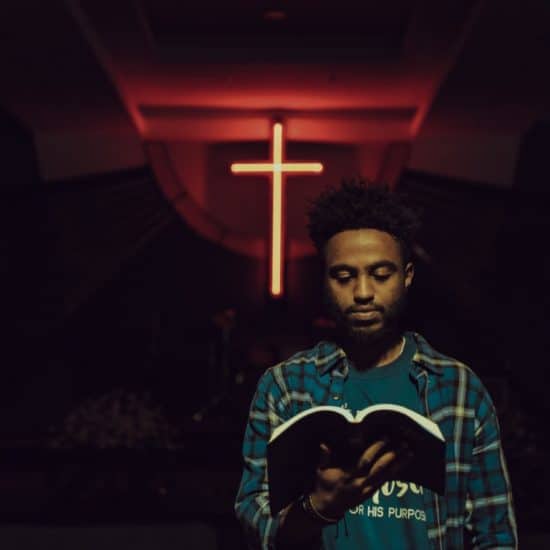By Bill Webb
Word&Way Editor
The University of Missouri Journalism School — the world’s first journalism school — will celebrate its centennial Sept. 10-12 with a variety of activities that will enable participants to recall the school’s heritage, anticipate journalism’s future and celebrate the profession’s best standards.
 The school has pioneered innovative methods of communications utilizing digital media in more recent years, and high-tech resources will be very much a part of next week’s celebration. But the single most important icon in the school’s history may well be a brief document penned by the school’s founding dean, Walter Williams, back in 1908.
The school has pioneered innovative methods of communications utilizing digital media in more recent years, and high-tech resources will be very much a part of next week’s celebration. But the single most important icon in the school’s history may well be a brief document penned by the school’s founding dean, Walter Williams, back in 1908.
Today, the bronze plaque bearing Williams’ “Journalist’s Creed” is located on the main stairway to the second floor of the school’s Neff Hall. The document is intended as the guiding light for every student who passes through the prestigious journalism school. (Go to journalism.missouri.edu/about/creed.html for the full text.)
While the statement is specific to the practice of journalism, its principles tend to be appropriate for people in general.
Here is Williams’ Journalist’s Creed:
I believe in the profession of journalism.
I believe that the public journal is a public trust; that all connected with it are, to the full measure of their responsibility, trustees for the public; that acceptance of a lesser service than the public service is betrayal of this trust.
I believe that clear thinking and clear statement, accuracy and fairness are fundamental to good journalism.
I believe that a journalist should write only what he holds in his heart to be true.
I believe that suppression of the news, for any consideration other than the welfare of society, is indefensible.
I believe that no one should write as a journalist what he would not say as a gentleman; that bribery by one's own pocketbook is as much to be avoided as bribery by the pocketbook of another; that individual responsibility may not be escaped by pleading another's instructions or another's dividends.
I believe that advertising, news and editorial columns should alike serve the best interests of readers; that a single standard of helpful truth and cleanness should prevail for all; that the supreme test of good journalism is the measure of its public service.
I believe that the journalism which succeeds best — and best deserves success — fears God and honors Man; is stoutly independent, unmoved by pride of opinion or greed of power, constructive, tolerant but never careless, self-controlled, patient, always respectful of its readers but always unafraid, is quickly indignant at injustice; is unswayed by the appeal of privilege or the clamor of the mob; seeks to give every man a chance and, as far as law and honest wage and recognition of human brotherhood can make it so, an equal chance; is profoundly patriotic while sincerely promoting international good will and cementing world-comradeship; is a journalism of humanity, of and for today's world.
I have been re-reading a biography of one of Missouri’s best-known journalist sons — Elijah P. Lovejoy, a native of Maine who settled in St. Louis and became a minister, a businessman and an editor. In his book, Freedom’s Champion: Elijah Lovejoy, the late Sen. Paul Simon paints a picture of a courageous young man who embodied many of the principles expressed in the Creed that was written 71 years after his death.
Lovejoy bought half-interest in the St. Louis Times in 1830 and edited it for the next year and a half. The son of a minister, in early 1832 Lovejoy experienced either a conversion or rededication in a Presbyterian church. Shortly after that, he enrolled in Princeton Theological Seminary in New Jersey and completed the requirements in 13 months.
Lovejoy might have enjoyed a comfortable pastorate in his native Northeast, but he felt the area that really needed Christianity was the West. A group of Protestant businessmen from St. Louis sought him out to launch a religious newspaper, the Observer. He accepted and became increasingly outspoken on the matter of slavery, and for that he faced threats on his life.
Some time after Lovejoy became a husband and then a father, he felt it might be best for his family and for the newspaper to move across the river to Alton, Ill. After all, the city was up-and-coming and Illinois was considered a free state.
But unruly citizens of Alton destroyed and threw into the river three presses, almost as fast as Lovejoy could replace them. A fourth was delivered in the dead of night to a warehouse overlooking the river. An angry mob destroyed this press and threw it into the river, too, but not before five gunshots struck and killed the anti-slavery editor. That was on Nov. 7, 1837, two days before Lovejoy’s 35th birthday.
“Elijah Lovejoy’s death rocked the nation in opposition to slavery and in behalf of free speech,” Simon concluded. “Lovejoy became the first U.S. martyr to freedom of the press….” One historian later wrote that the first shots of the Civil War were fired the night Lovejoy was killed, even though the actual war would not begin for another 24 years.
Embodying qualities such as honesty, fairness, accuracy, an outspoken regard for freedom of speech, respectfulness, patience and indignance at justice aren’t likely to make contempory Christians martyrs, but they at times will make them unpopular.
Still, living lives of high standards sets such folks apart, and they inevitably make a difference in our world. May their numbers increase.

